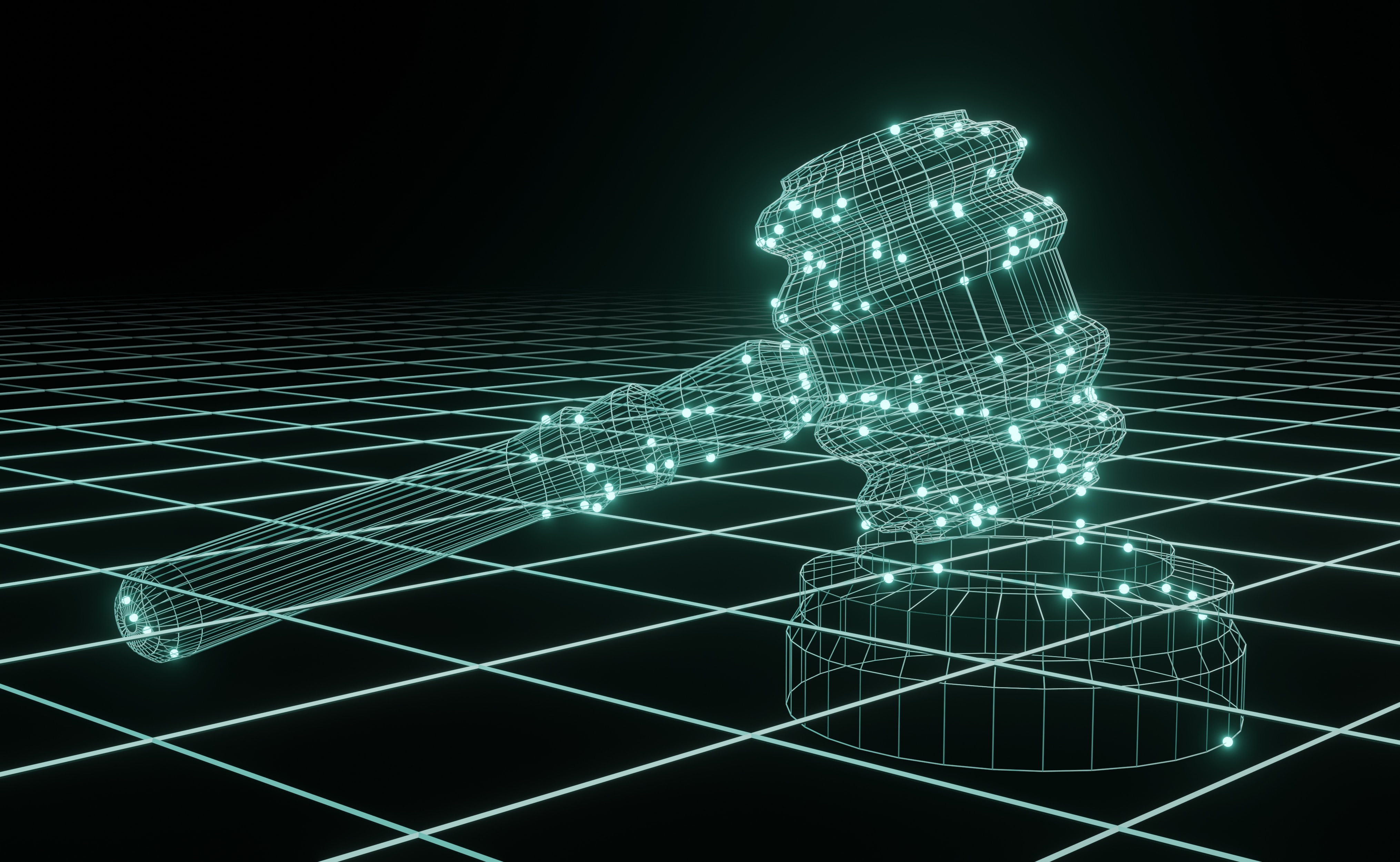
Expert witnesses are often called upon in criminal trials to provide their specialized knowledge or skills in technical or scientific areas to help the court understand complex evidence. However, the use of expert witnesses has been subject to legal and ethical scrutiny due to various issues related to their testimony.
One legal issue concerning expert witnesses is the varying standards for their qualification and admissibility.
In Nigeria, Section 67 the Evidence Act of 2011 specifically provides "that the opinion of any person as to the existence or non-existence of a fact in issue or relevant to the fact in issue is inadmissible". However, the Evidence Act aslo provides for an exception to the general rule on inadmissibility of opinion evidence. In this regards, the only opinion that a court in Nigeria can take into consideration is the opinion of an expert witness.
The Evidence Act goes further to provide guidelines for the admissibility of expert evidence. Section 68 of the Act states that "when the court has to form an opinion upon a point of foreign law, customary law or custom, or of science or art, or as to identify handwriting or finger impressions, the opinions upon that point of persons specially skilled in such foreign law, customary law, or custom, or science or art, or in questions as to identification of handwriting or finger impressions are admissible".
Also, the status quo in Nigeria is that the qualification of an expert witness does not solely depend on whether or not they have formal training. If an expert can demonstrate their expertise through knowledge and skills acquired from their engagement in a particular field or with regards to the areas of admissibility, they may be considered qualified to provide expert testimony in court. However, if their claim to expertise is based on formal training, they must possess the requisite qualifications and certifications to qualify as an expert witness.
In contrast, other jurisdictions have their own rules for qualifying expert witnesses. For instance, the Federal Rules of Evidence in the United States require that expert testimony is based on sufficient facts or data, reliable principles, and methods, and that the expert has reliably applied the principles and methods to the facts of the case. Moreover, the expert's testimony must assist the trier of fact in understanding the evidence or determining a fact in issue.
Another legal issue that arises in the use of expert witnesses is the potential for bias. In practice, it is required that expert witnesses disclose any material interest or bias that may affect the credibility of their testimony and this is in the interest of substantial justice. Failure to disclose such interests or bias can render the evidence inadmissible.
The use of expert witnesses also raises ethical concerns, such as confidentiality and truthfulness. In practice in Nigeria, it is required for expert witnesses to maintain confidentiality and to not disclose any confidential information that may have come to their knowledge, except with the express permission of the client or by order of the court. Moreover, expert witnesses are required to be truthful and impartial in their testimony, and to provide the court with objective and unbiased opinions.
Numerous high-profile cases have highlighted the crucial role that expert witnesses can play in determining the outcome of a trial. For instance, in Nigeria, the case of Sanni Abacha v. Federal Republic of Nigeria, relied heavily on the testimony of forensic experts to determine the cause of death of the late Head of State, General Sani Abacha.
Additionally, there is also the Kudirat Abiola Case. In 1996, the wife of the late Nigerian politician Moshood Abiola, Kudirat Abiola, was assassinated in Lagos. The suspects were eventually arrested and charged with murder, and the prosecution relied on the testimony of several expert witnesses, including forensic pathologists and ballistics experts, to help build their case. Conviction was secured at the court of first instance, However, the Court of Appeal overturned the convictions of Hamza Al-Mustapha and Lateef Shofolahan in the case on the grounds of lack of evidence.
The appellate court held that the prosecution had failed to prove their case beyond reasonable doubt, and that the evidence against the defendants was contradictory and unreliable. The court also noted several inconsistencies in the prosecution's case, including discrepancies in witness testimony and conflicting expert evidence.
Additionally, the Court of Appeal criticized the trial judge for relying too heavily on the testimony of the prosecution's star witness, Sergeant Barnabas Jabila, who had given a confessional statement implicating Al-Mustapha and Shofolahan. The court found that Jabila's testimony was inconsistent with other evidence and lacked credibility.
Overall, the Court of Appeal concluded that the prosecution had failed to establish a clear motive or direct evidence linking the defendants to the murder of Kudirat Abiola, and accordingly, it quashed the convictions and acquitted Al-Mustapha and Shofolahan.
While this happens to be one of the most controversial cases in the history of Nigeria till date, the fact remains that a very good expert witness could have provided objective and reliable evidence to support or refute the claims made by the prosecution and defense, potentially settling the controversies surrounding the Kudirat Abiola murder case.
In the United States, the O.J. Simpson Case saw the extensive use of expert witnesses who provided conflicting testimony that ultimately influenced the outcome of the case.
O.J. Simpson was tried for the murder of his ex-wife, Nicole Brown Simpson, and her friend, Ron Goldman. The trial was widely publicized and featured several expert witnesses, including forensic pathologist Dr. Michael Baden and forensic scientist Dr. Henry Lee. Baden testified that the victims' injuries were consistent with a single assailant, while Lee testified that the physical evidence was mishandled by the police. In the end, Simpson was acquitted of the murders.
There is also the Ted Brundy's case. In 1979, serial killer Ted Bundy was tried for the murder of two Florida State University sorority sisters. The prosecution called on several expert witnesses, including forensic odontologist Dr. Richard Souviron, who matched bite marks on one of the victims to Bundy's teeth. Souviron's testimony was critical in linking Bundy to the crime scene and helping to secure his conviction.
In conclusion, expert witnesses play a crucial role in criminal trials, providing specialized knowledge and insight that can help determine the outcome of a case. It is essential that expert witnesses adhere to proper guidelines and codes of conduct, and that they uphold their duty of care to the court in the interest of substantial justice.
As demonstrated by the Kudirat Abiola murder trial, errors or controversies surrounding expert witness testimony can have significant implications for the outcome of a case, highlighting the importance of rigorous standards and oversight in this area. Ultimately, the proper use of expert witnesses can enhance the fairness and reliability of criminal trials, promoting justice and the rule of law.
To ensure the integrity of the trial, it is essential to have clear guidelines for qualifying expert witnesses and admitting their testimony. These guidelines should also address potential conflicts of interest, confidentiality, and truthfulness.
Finally, it is important to carefully evaluate the expert testimony to ensure a fair trial for all parties involved.
